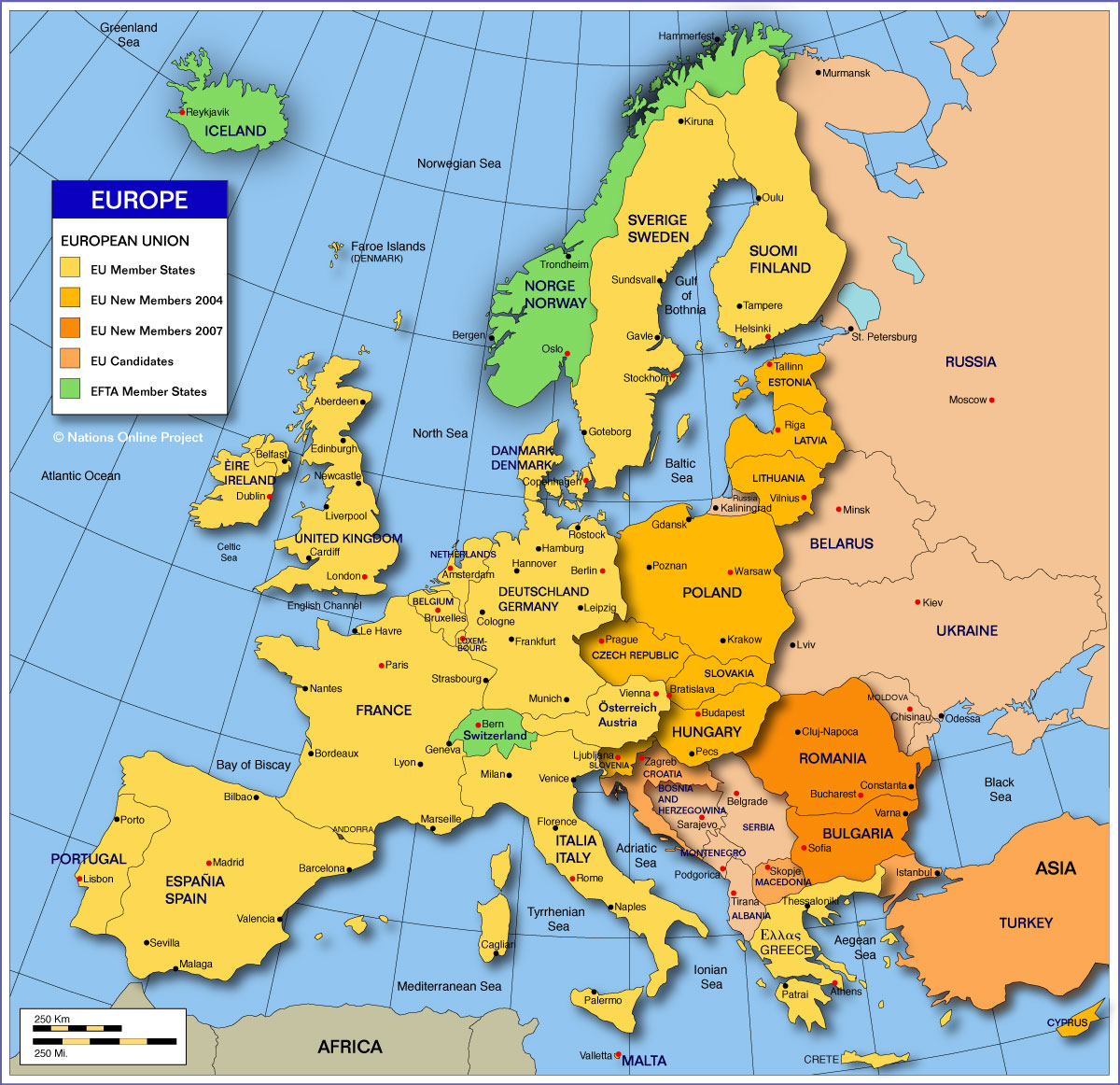Several plans to salvage the eurozone have moved in different directions in the past few days. That is not an encouraging sign. It shows that the crisis is hardly over, and the fact there is no single plan could cause the situation to worsen quickly.
France and Germany want deep changes in the treaties that bind the region. They, in short, would increase the ability of the members to sanction those who do not follow strict budget promises. Many of the weaker nations consider this a plan by the two to take over the entire eurozone. Their idea may be still-born because it will require the approval of all members.
The European Central Bank has taken another tack. It plans to reduce the rate its charges the region’s banks for capital. This may help those with balance sheets harmed by sovereign debt loads. However, the program does not address the core problem of sovereign paper refinancing.
The International Monetary Funds still stands in the wings and may offer some capital to right the region’s financial problems. But it will have to raise money from its members or get money from central banks. These banks may argue that it is not their role to help the region through the IMF’s balance sheet. Many nations that would have to contribute to the IMF’s efforts may not have been approached at all. Japan said it has not been told about plans for the IMF to raise $600 billion. That almost certainly means that no plan to do so has been completely formed.
U.S. Treasury Secretary Geithner tours Europe this week as he attempts to persuade finance ministers there to pick a course of action and stick to it. But there are several potential courses of action, and none has gotten enough weight behind it so it is plain that the area’s financials might be saved.
Douglas A. McIntyre
Are You Ahead, or Behind on Retirement?
If you’re one of the over 4 Million Americans set to retire this year, you may want to pay attention. Many people have worked their whole lives preparing to retire without ever knowing the answer to the most important question: am I ahead, or behind on my goals?
Don’t make the same mistake. It’s an easy question to answer. A quick conversation with a financial advisor can help you unpack your savings, spending, and goals for your money. With Zoe Financial’s free matching tool, you can connect with trusted financial advisors in minutes.
Why wait? Click here to get started today!
Thank you for reading! Have some feedback for us?
Contact the 24/7 Wall St. editorial team.





